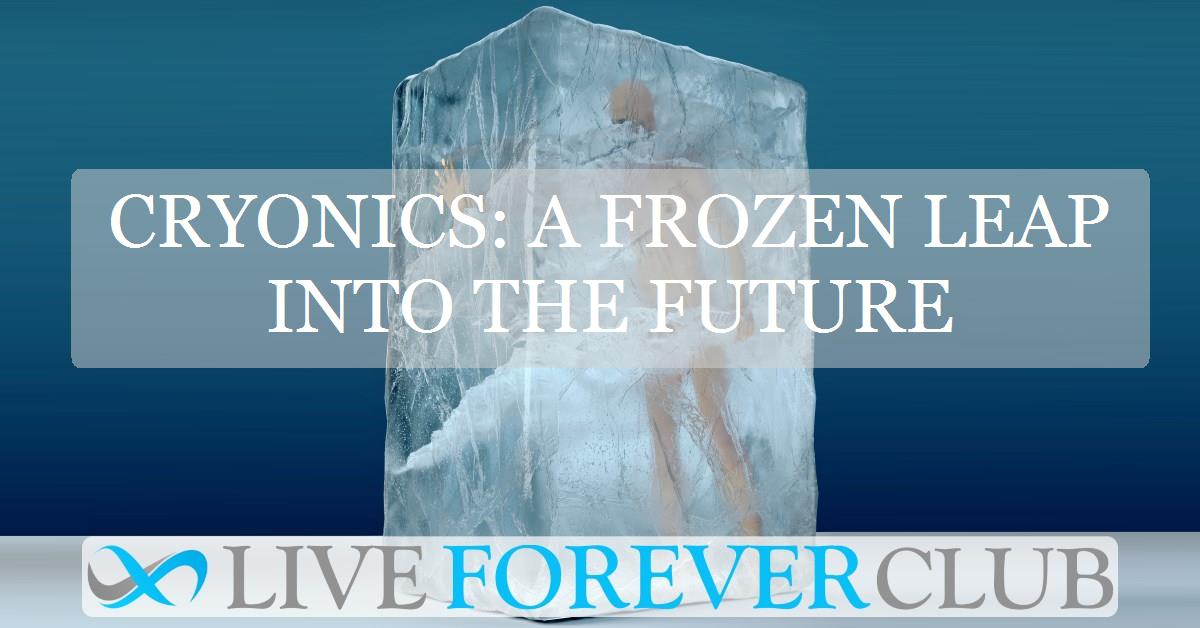Key points from article :
A German start-up, Tomorrow.Bio, is making waves in the cryonics industry by offering to cryopreserve patients for a staggering $200,000 (£165,000), promising a potential second chance at life in the future. Operating Europe's first cryonics lab, the company uses cutting-edge technology to cool and preserve bodies with cryoprotective agents, storing them at ultra-low temperatures in Switzerland. While the process remains theoretical and unproven for humans, the company is expanding its operations to the U.S., hoping to capture interest from those intrigued by the possibility of life extension.
Cryonics has its critics, including neuroscientists who dismiss the idea as implausible due to irreversible cellular damage that occurs after death. However, proponents like Tomorrow.Bio’s co-founder Emil Kendziorra draw parallels with once-controversial breakthroughs like organ transplants. Encouraging findings from studies on smaller organisms and preserved organs suggest a sliver of potential, though success with humans remains elusive. The field also faces ethical and logistical concerns, including the staggering costs and uncertainty about managing preserved bodies across centuries.
Despite skepticism, interest in cryonics appears to be growing, particularly among younger clients funding the procedure through life insurance. Some view it as a logical bet on the future, akin to time travel, while others see it as a hopeful escape from mortality. Kendziorra and his team aim to advance the science, targeting milestones like memory preservation and reversible cryopreservation by 2028. Whether cryonics becomes a viable alternative to traditional end-of-life practices or remains a futuristic dream, it continues to spark fascination and debate.






